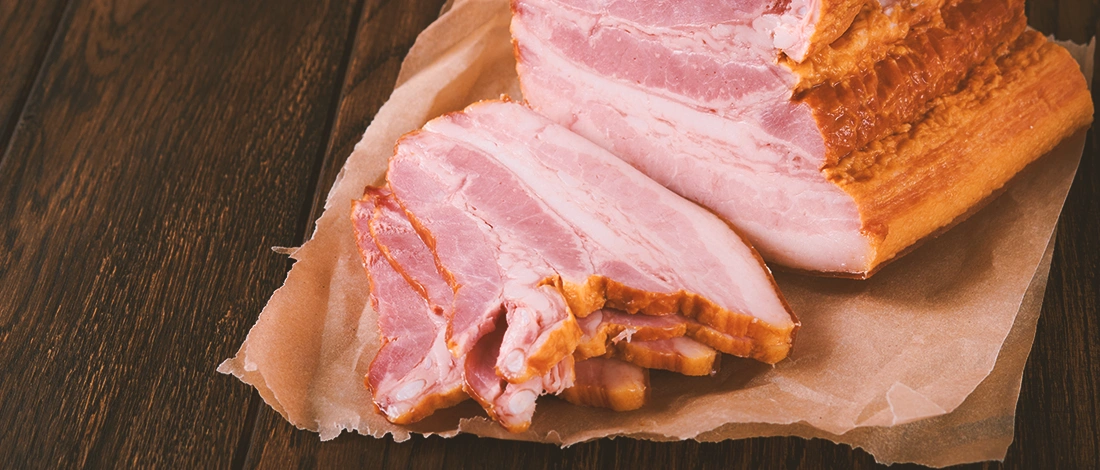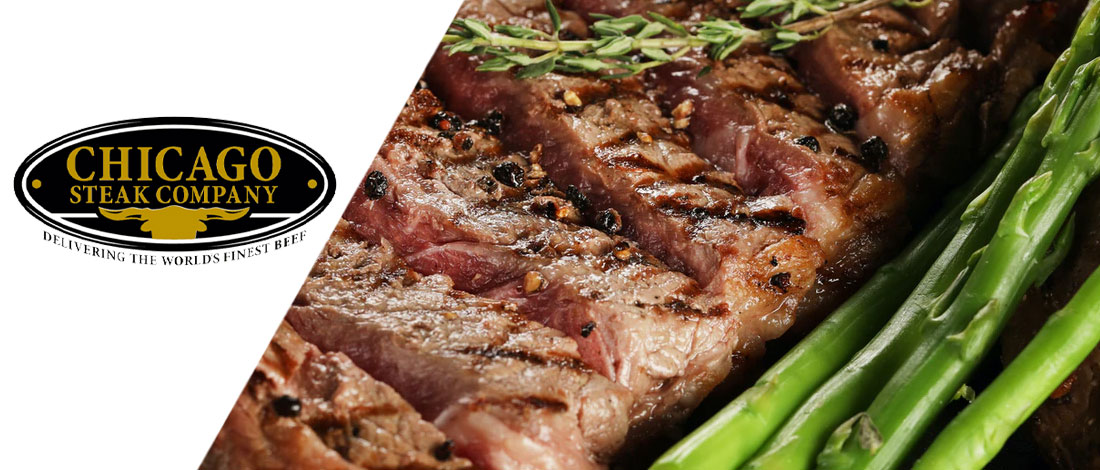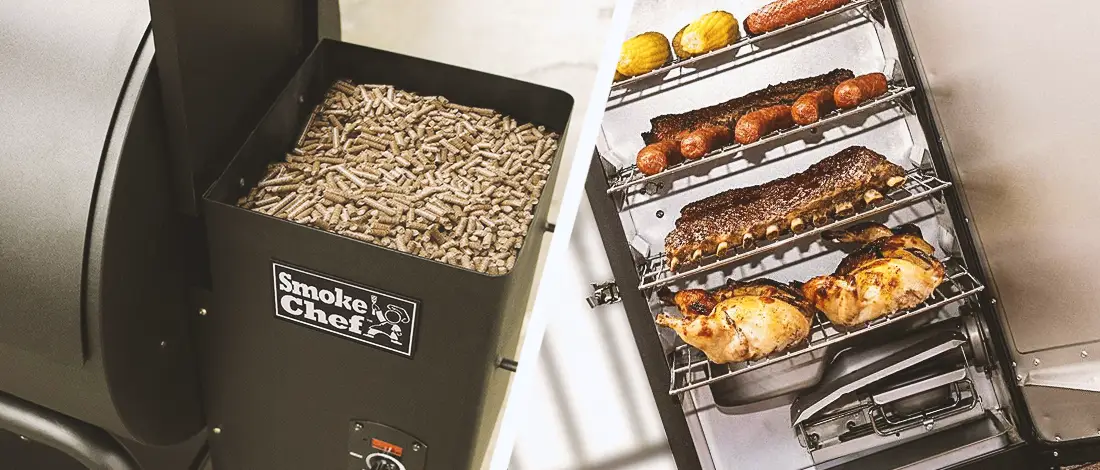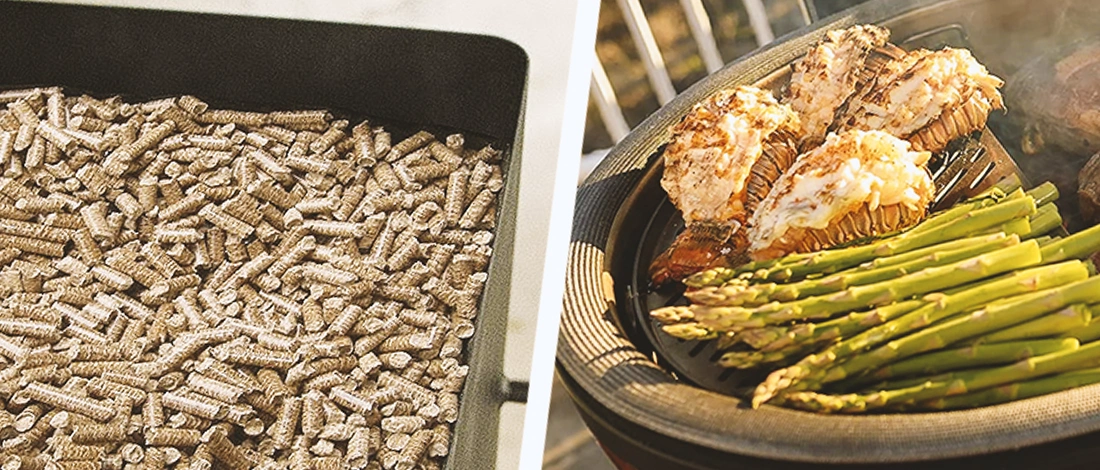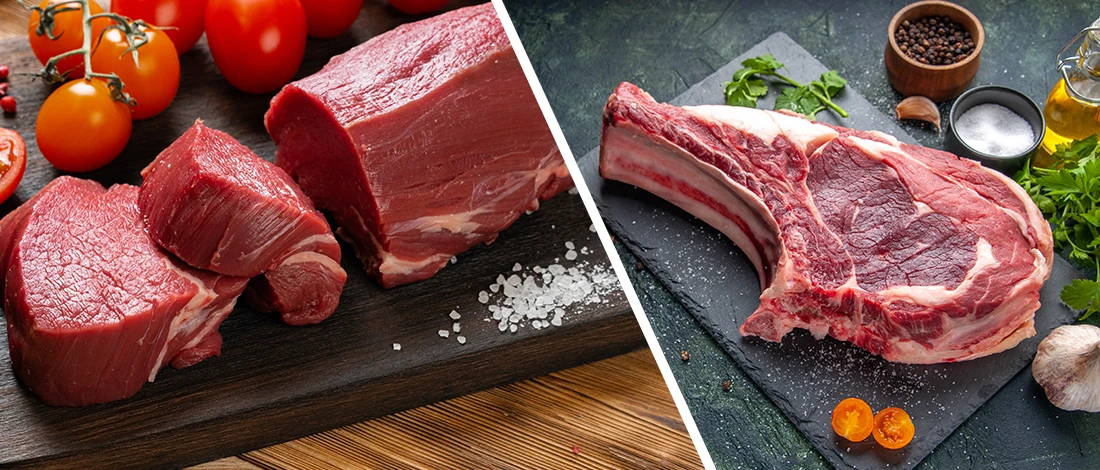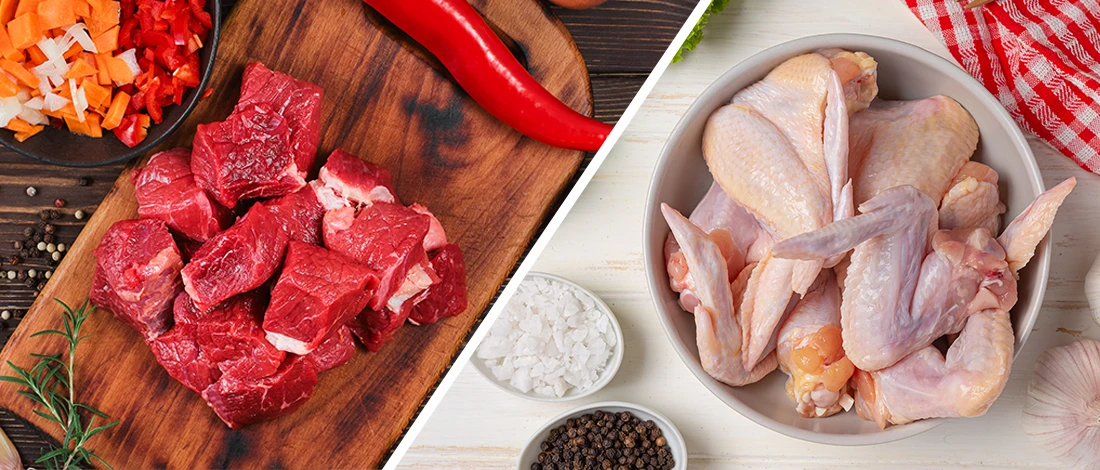As anyone in the carnivore lifestyle can tell you, the problem with meat is that it can be expensive to buy in small packages at the grocery store.
This is where buying meat in bulk can be a significant advantage. Not only will you save money, but you'll also have a constant supply of fresh, delicious meat on hand.
They can deliver on a monthly and even a weekly basis. If you want our review of the best options available for meat shipping to your door, click here.
I have been buying wholesale for years, and it has saved me a lot of money. This article has some of my top tips on buying meat in bulk.
Quick Summary
- Sourcing, purchasing, and storage are key steps in the process.
- Buying meat in bulk saves money and ensures a constant supply of fresh meat.
- Bulk buying offers benefits like cost-effectiveness, convenience, quality, and environmental friendliness.
3 Key Steps for Buying Meat in Bulk
Here’s how to buy meat in bulk safely.
1. Sourcing
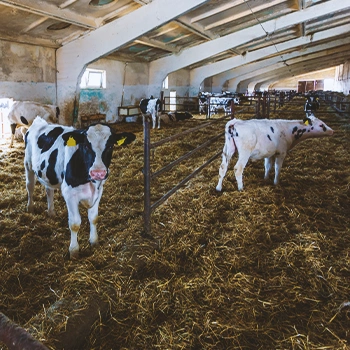
The first step is to find a good source of meat. Of course, the best place to start would be with a farmer or rancher at a nearby location who you can establish trust with.
If you don't have any connections to farmers or ranchers, your next best bet is to find a local meat market, farm, or butcher shop that can serve you some recommendations.
A final method is using the internet to locate wholesale meat retailers who sell in bulk online.
The key here is to find a source of meat that you trust. You want to make sure that the meat is sold fresh and is of good quality. For example, you want to learn whether the farm uses growth hormones or antibiotics.
You also want to find out how the farmer raised the animals and how they were fed. Pasture-raised and grass-fed animals are going to be your best bet in terms of healthy meat.
However, traditionally raised animals will likely have more marbling and other fat, which can be a good or bad thing depending on your goals for lean meat.
2. Purchasing
When you're ready to purchase wholesale meat, there are a few things to keep in mind:
- Look for the details. It's essential to know what you're getting. Make sure to get the details about what cuts of meat are included with your package. You won’t only get Boston butt, pork chops, and bacon with your bulk pork, nor T-bone and sirloin in your bulk beef. You will get a variety of different cuts in your freezer beef, from burger patties to filet mignon.
- Stay informed on the packaging. It's also a good idea to find out how they will package the meat after they process it. Some sources will send you the food frozen, while others will ship it fresh.
- Decide on the quantity. Next, you'll need to decide how much meat you want to buy. This will depend on factors like how often you eat ground beef and pork, how much storage space you have, and how much food you can realistically use. If you're only cooking for yourself or a small family, there's probably no need to buy a whole cow. Start small and buy only as much meat as you think you'll be able to eat. You can always increase the amount you purchase in the future.
To give you a sense of how much meat you can get from a cow and domestic pig, here are some rough estimates:
- Pork: 120-160 pounds for a full share
- Beef: 600 pounds for a full share. A quarter cow would be about 150 pounds.
Note that the usable meat is significantly less than the weight of the entire animal.
This is because a lot of the total body weight is made up of bones, organs, and other inedible parts.
3. Storage
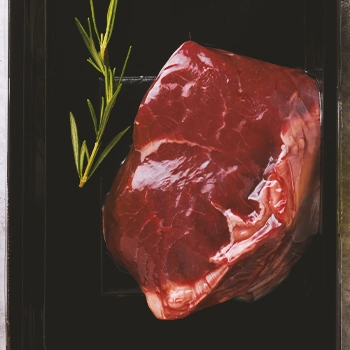
Once you've purchased your meat, it's necessary to store it properly to ensure that the food stays fresh, even for something as simple as pork chops or ground beef.
If you're not going to use the meat right away, the best option is to keep it frozen. This will keep the meat fresh for many months, and you can thaw it as needed.
To freeze meat, you should wrap it tightly in plastic wrap or place it in freezer bags. To prevent freezer burn, make sure there is as little air as possible in the packaging.
You can also vacuum-seal ground beef and other meat for an added layer of protection.
If you plan on using some of the meat within a few days, you can store it in the fridge. Just keep in mind that meat will spoil more quickly when stored this way—even ground beef.
Wrap the meat tightly and place it on the bottom shelf of the fridge, where it will be the coldest.
"The Beef and Pork Wholesaling industry is projected to increase over the five years to $96 billion."
- IBISWorld Industry Research
Advantages to Buying Meat in Bulk

Here are some of my favorite reasons to buy in bulk:
- Low cost: When you buy in bulk, you will often save money on the price per pound. This is because farmers and butchers can sell the meat at a lower cost than retail when they offer larger quantities. You also have savings compared to going to restaurants to eat ribeye, chuck, or shoulder steaks.
- Convenience: When you have an ice box full of meat, you don't have to make trips to the store every time you want to cook a meal. You can have bacon, lamb, sausage, turkey, or chicken whenever you want. This can save you time and money in the long run.
- Quality: When you buy wholesale meat, you can often get higher quality meat than what you would find at the grocery store. This is because you can buy meat from local farmers and butchers who raise their animals on grass or grain, depending on your preference.
- Storage: Buying wholesale meat means that you always have fresh stock on hand. This can be a lifesaver on busy weeknights when you don't have time to go to a retail store or restaurant.
- Environmentally friendly: When you buy meat in bulk, you have less styrofoam and other packaging waste. Also, you have fewer trips to the grocers, so you don't emit as many harmful greenhouse gases.
Related Articles:
FAQs
Is Buying Bulk Meat Cheaper?
Buying bulk meat is generally cheaper than buying individual retail cuts of meat for customers. You pay less because you're usually essentially cutting out transportation and grocery store business costs.
How Much Freezer Space Do I Need?
How Long Does Bulk Meat Last?
Bulk meat can last anywhere from a few months to a year, depending on how it is stored. If it is frozen and vacuum-sealed, it will last the longest.
References:
- https://www.heartstonefarm.me/blogs/farmerdanblog/how-much-freezer-space-do-you-need-and-other-freezer-faqs
- https://www.lowes.com/n/buying-guide/freezer-buying-guide


